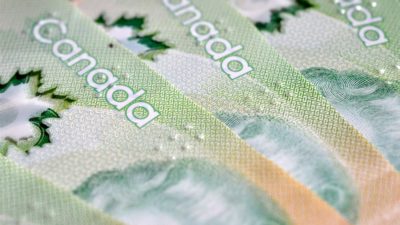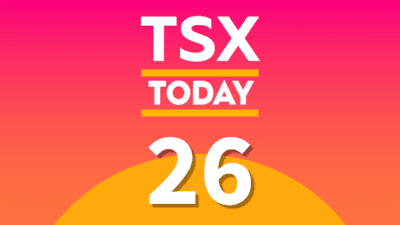The Canadian Press reported over the weekend that both Royal Bank of Canada (TSX:RY)(NYSE:RY) and Bank of Nova Scotia (TSX:BNS)(NYSE:BNS) have cut ties with all clients associated with the marijuana industry.
“We consider our stringent risk management practices a key strength of our business,” Bank of Nova Scotia spokesperson Rick Roth said. “This is why the bank has taken the decision to close existing small business accounts and to prohibit the opening of new accounts for customers classified as ‘marijuana-related business.'”
While it’s true that banks in the U.S. are also choosing to avoid doing business with marijuana-related businesses, the situation has changed dramatically (for the better) in just the last two years. In March 2014, only 51 banks and credit unions in the U.S. were open to dealing with this type of business. Today, there are more than 300 that have opened their doors to marijuana companies.
The real sticking point for banks in the U.S. is the fact that marijuana is currently a Schedule I substance according to the Drug Enforcement Agency, which means banks are potentially opening themselves up to legal action. Despite the imminent threat, it’s quite impressive that more than 300 banks have stepped up to do business with marijuana companies.
This is not so at Royal Bank and Bank of Nova Scotia.
There’s an old saying that a banker will only lend you an umbrella when the sun is shining and most certainly ask for it back once it starts to rain. The implication is that bankers are risk-averse creatures whose tolerance for anything but the tried and true is virtually non-existent.
While Canadians might feel good about the big banks in this country and how well they managed to “stickhandle” their way through the 2008 financial crisis, the reality is that our economy is suffering for reasons completely unrelated to the hardships caused by low oil prices and the devastating effects of the Fort McMurray fires.
In truth, Canada’s big banks have a lot to do with our economy experiencing the worst growth in the past six decades. Historically, when Canada’s economy is growing and not in a recession, we typically average 5% growth or more over any two-year period, yet here we sit with just 1.2% growth since May 2014.
But why blame the banks?
Because they’ve lobbied and cajoled Ottawa into giving them free rein when it comes to residential mortgage lending. If a homeowner with an insured mortgage defaults and the bank can’t collect all of the funds owed by foreclosing or other legal remedies, the mortgage insurer, whether CMHC or one the two private insurers in this country, steps in to repay the banks.
CMHC currently insures $520 billion in mortgages and Genworth another $197 billion. Canada Guaranty doesn’t reveal numbers. However, I’d guess it would be around $100 billion, perhaps less. That’s $800 billion or so the banks have loaned with little or no risk to their own shareholders.
Forget the implications of this for the Canadian taxpayer and consider what this means from an entrepreneurial, risk-taking perspective.
Could you imagine what our economy would be like if the government didn’t backstop $520 billion in mortgages, but instead put that money toward loans for new businesses? It would be so much more diversified than it currently is and arguably in much better shape.
As banks go, Royal Bank and Bank of Nova Scotia are probably two of the better ones here in Canada. But this recent decision, clearly made by lawyers in the C-suite, speaks volumes of how the Big Six banks have let Canadians down when it comes to priming the economic pump.
Now where’s that umbrella?







